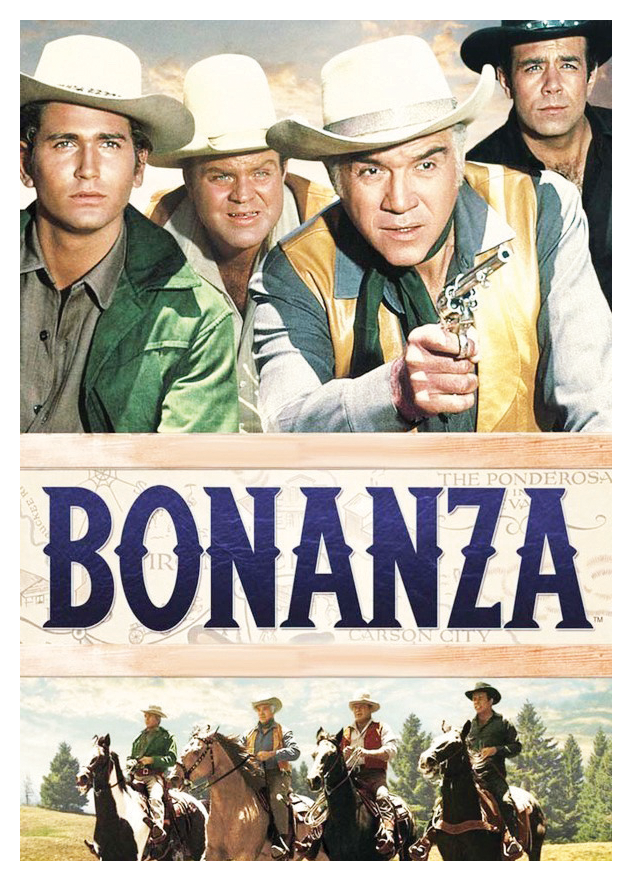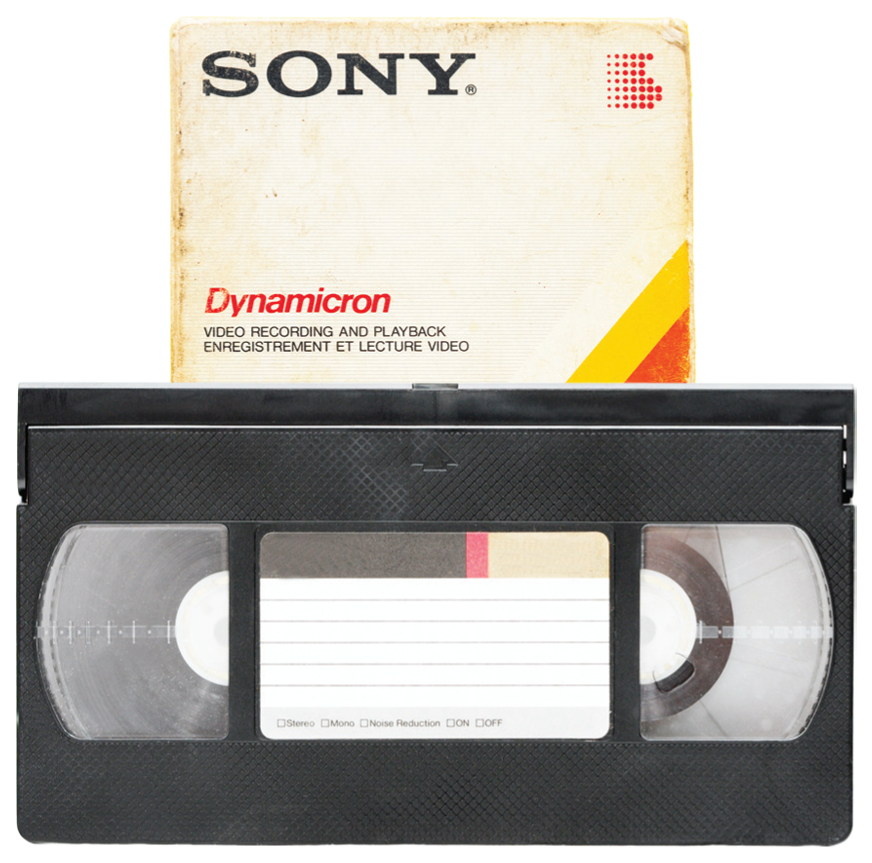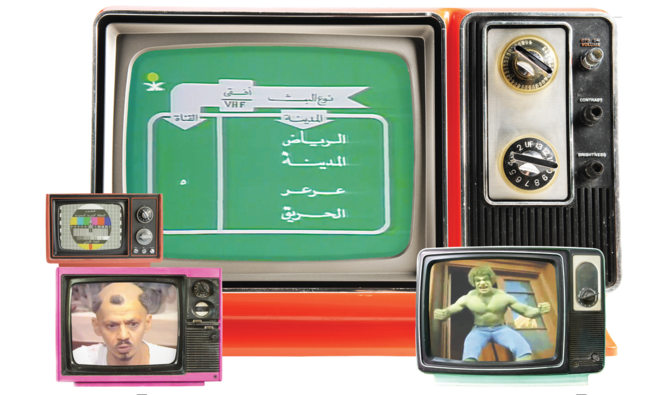JEDDAH: When television came to Saudi Arabia in 1965, it was rejected by some as the “devil’s handiwork.”
But far from being in shock, Saudis generally were keen to embrace the new mass medium and learn what was going on in the world.
One TV station with a variety of programs was all it took to ensure that a Kingdom on the cusp of unprecedented prosperity and power also became home to an intellectually curious and informed society.
Saudis who commuted between Riyadh and the Eastern Province had known about the electronic device with moving images since the first TV broadcast from the US consulate in Dhahran in 1955.
“The Eye of the Desert” channel broadcast in English. Two years later, Aramco TV’s wider broadcasting range reached Al-Hofuf and other areas across the Gulf, with content in Arabic and English.
Speaking in front of a large crowd in 1962, then Crown Prince Faisal bin Abdul Aziz announced the Kingdom’s determination to bring television to the public.
“The responsibility of this facility is to serve our religion, our country and our nation,” he said. “It will be in the service of religion, the nation and the people in all necessary efforts and work in these regards.”
Under the banner “Channel of the Kingdom of Saudi Arabia,” the single official outlet went live in 1965 with a recitation of the Qur’an the first program to be broadcast.
However, as with almost any new development, the decision to launch the TV station offended Saudi religious conservatives, some of whom staged a demonstration where a number of protesters were killed when police responded to an assault on one of the TV facilities in 1965.
Saudi TV initially broadcast in Riyadh and Jeddah with modest technology and a broadcast time that did not exceed five hours a day. Hooked on the new source of entertainment, Saudi families gathered in front of a TV set every day and waited patiently for the signature tune that announced the beginning of the daily broadcast.

Talal Adham, 61, chairman of engineering consultancy Talal Adham & Partners, recalled those early days. “At first, broadcast was limited to only a few hours every day, but later it was extended to two shifts per day. The first was from 10 a.m. to noon and then there was an evening shift that ended at around midnight,” he told Arab News. “I remember the broadcast was continuous during the weekends, but would end around midnight or early morning time.”
Among the programs that aired in the 1970s were entertainment talk shows featuring Arab celebrities, studio musical performances by famous Saudi singers such as Talal Maddah and Mohammed Abdo, and American westerns.
Adham said that his two favorite TV shows from that period were “Fakir wa irbah” (“Think and Win“) and “Baba Ameen.” For many families, television was the only available entertainment source, “and viewership was at its highest during Ramadan,” he said.
Thuraya Arafah, 70, a retired instructor from the General Administration of Girls Education in Jeddah, said that TV programs in the 1970s were diverse. “There were religious programs, with the most famous being ‘Ala Ma’idat Al-Iftaar’ (’On the Iftaar Table’) with Sheikh Ali Tantawi in Ramadan, and ‘Al-Ilm wa Al-Eman’ (’Knowledge and Faith’) by Mustafa Mahmoud,” she said. “Then there were game shows such as ‘Huroof’ (’Letters’) and historical Arabic series such as ‘Juha’ and the Lebanese ‘Al-Hareb’ (’The Fugitive’). Then there were foreign TV serials such as ‘Mighty Mouse’ and ‘Fury.’”
Arafah said some of the best-known TV presenters at the time were Majid Al-Shibl and Hussain Najjar. “Gathering in front of the TV set to watch a film or a show was a way to spend quality time with family,”
In 1979, in a watershed moment in modern Saudi history, Juhayman Al-Otaibi seized the Grand Mosque in Makkah with a group of ultra-conservative loyalists. demanding that the Kingdom “be cleansed of all evils.”
Adham and Arafah both recall that TV changed dramatically after the Grand Mosque siege. “It became overly conservative,” said Arafah. “The concerts of Egyptian singer Um Kalthoum, and Egyptian and Lebanese series were banished. Women were not seen much on television afterwards.”
Adham agreed, saying that “women started appearing less and Islamic programs appeared more. Songs almost disappeared.”
SAUDI ’70s TV
• American series “Bonanza” and “Fury” (both Westerns) and “The Incredible Hulk”
• Syrian comedy series “Sah Al-Nawm”
• “Ala Ma’idat Al-Iftar” (On the Iftar Table) with Sheikh Ali Al-Tantawi
• “Al-Ilm wa Al-Eman” (Knowledge and Faith) with Dr. Mustafa Mahmoud
• “Hadith Al-Asdekaa,” a talk show on everyday social issues that first aired in 1965, hosting a number of government officials
• Kuwaiti comedy series “Darb Al-Zalag”
• “Sahrah Saudia,” a celebrity talk show produced by Talal Maddah
Many Saudis remember veteran TV and radio presenter Hussain Najjar relaying news of the assault on the Grand Mosque to viewers. Najjar also announced the news of Al-Otaibi’s execution.
One of the leading female Saudi TV presenters of the 1970s was Dunia Bakr Younis, known to audiences as “Mama Dunia” for her children’s program of the same name. Her father, a TV and radio presenter, was one of the founders of Saudi Radio, and she often accompanied him to the studio as a young girl. “I entered the media field with a strong foundation,” Younis told Arab News. “I have never had any difficulties. Neither of my parents prevented me from entering this field. My mother always said: ‘He who doesn’t get good grades won’t go to the studio.’ We were very serious about our studies and did not neglect them.”
Younis was living in the Eastern Province with her producer husband when the Grand Mosque siege unfolded. She was a presenter on her own shows, “Studio No. 5” and “Shati Nisf Al-Qamar” (“Half Moon Bay“), as well as on children’s programs on Dammam TV. “I decided to withdraw from TV appearances for a while,” she said. “I was mindful of the situation and as it was a confusing time for many. It was a good decision to make at the time.”

The Saudi Ministry of Information did not stop women presenters from appearing on screen, Younis said. However, she decided to take time out to look after her twins, Badr and Bakr, as well as her daughter Dalia, whom she used to take to the TV studio.
Younis said Saudi women played an important role in media despite the period’s social upheaval. “There was a misconception after the events of 1979 where Saudi women were viewed as if they had no rights,” she said.
“On the contrary, Saudi women were in their abayas and hosting shows on television. My sisters and I were like this, the pioneers. Some other contemporary female presenters were Dalal Aziz Diya, Salwa Shakir and Mariam Al-Ghamdi.”
Meanwhile, Saudi broadcasting has gone from strength to strength despite the setbacks that followed the events of 1979. A total of 12 TV channels are now available, covering a broad spectrum from music to news and entertainment. In September 2018, Weam Al-Dakheel became the first Saudi woman to anchor the main evening news on the Riyadh-based Al Ekhbariya channel.
“Mama Dunia” praised King Salman and Crown Prince Mohammed bin Salman for giving Saudi women more opportunities. “We are grateful for how far women have come under their rule. They have given women the opportunity to play a major role in society,” she said.
































